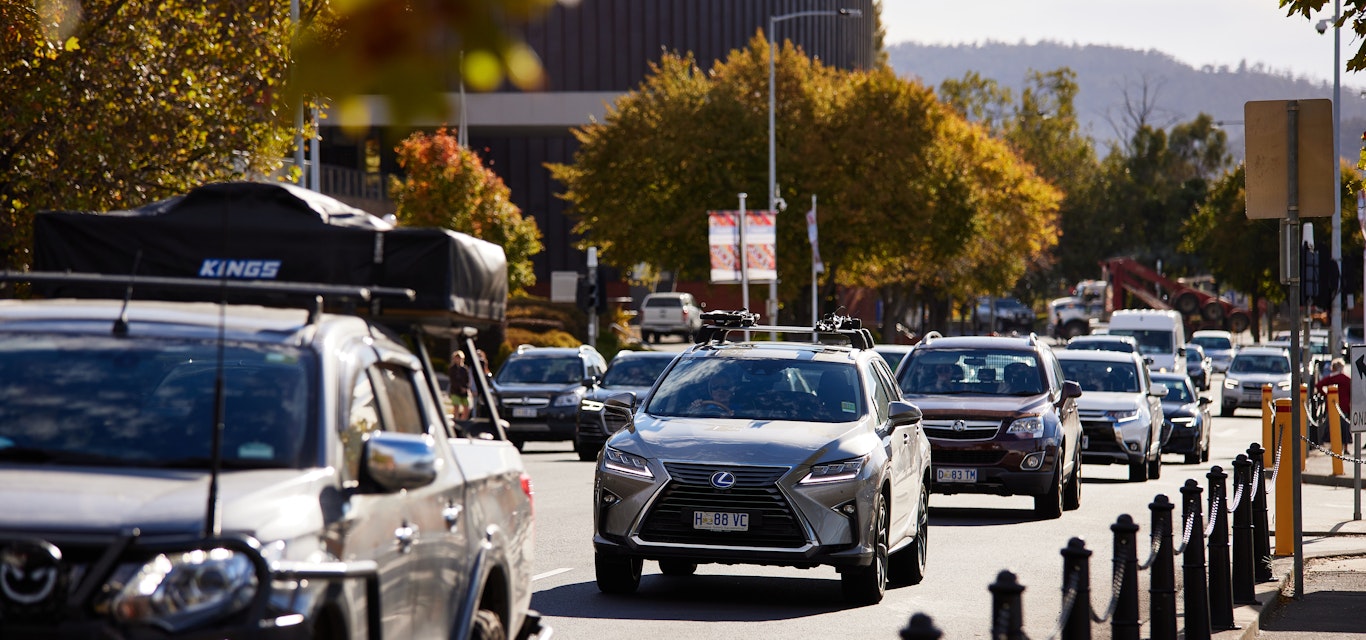We must do more
If there’s one message we can take out from Tasmania’s road toll tragically ticking over 50 recently, it should be that we all need to do more to reduce the rate of death and serious injury on our roads.
Just one death on our roads is one too many. 50 in a year is a tragedy.
Our hearts go out to the families who have lost their loved ones, but simply thinking of them isn’t enough.
Road safety is everyone’s responsibility, and it’s clear a dramatic shift in thinking is needed from every road safety stakeholder, from road-user to government.
Already, this year’s toll is the highest since 2009, when 63 people died on Tasmanian roads.
While 2022 is the first time since then that the toll has passed 50, unfortunately the tragic milestone doesn’t seem to be an anomaly.
Instead, it continues a worrying trend of rising annual fatalities on Tasmanian roads, and more needs to be done to reverse the trajectory.
Tasmania has the worst road safety record of any state in Australia, and if we don’t take urgent and significant action, the sad and frankly scary reality is that this unenviable position will never change.
In recent years, car safety has drastically improved, enforcement technology is on the rise and our ability to build and maintain roads has advanced.
This begs the question, why is our road toll continuing to worsen?
As a state, we all need to do more to make sure Tasmanian lives aren’t more at risk than any Australian when we get behind the wheel.
While there’s no silver bullet, a good starting point would be to urgently implement the 49 recommendations of the Legislative Council Select Committee report on Road Safety in Tasmania.
The evidence gathered by this inquiry is clear and compelling – as it has always been for so many of the road safety initiatives the we and many other road-safety advocates have consistently called for.
We need to make sure Tasmania has the best technology when it comes to enforcement, deterrence and education.
The re-introduced mobile speed cameras are a welcome addition to the state’s enforcement network, and their deployment across 300-odd approved locations statewide should make a real difference to a driver’s mindset because they greatly increase the likelihood of getting caught if the speed limit is broken.
Now they are up and running, we need to increase the number of mobile cameras from eight to at least sixteen and drive home the deterrence message that if you speed, no matter where you are in Tasmania, you should expect to be picked up and fined, rather than get away with it.
Importantly, fines collected from these cameras, and from all road related infringements should be put back into improving road safety.
In addition to road building and maintenance initiatives, improvements should include capitalising on every opportunity to educate all road users on best practice behaviour.
Education must start in every school across the state, not just the ones that request sessions from providers such as us, and shouldn’t finish until the point when someone hands in their license in their later years.
A great opportunity also exists for increased road safety awareness and education in workplaces – particularly those which involve driving, whether that’s to and from work in a company car, or while on the job.
The report reinforces what our members have been telling us for years through our regular surveys – we also need better driver training and speed limits appropriate to road conditions, just to name a few.
We committed to holding all levels of government and all members of parliament to account for implementing real change off the back of this important report, and we encourage every Tasmanian to join us.
At an individual level, Tasmanians can also make a difference every time they get in a car by holding themselves to account for their own driving behaviours, or holding drivers to account when they are a passenger.
The majority of road deaths are a result of five driving behaviours, namely, speeding, intoxication (drink/drug driving), failure to wear a seatbelt, driver fatigue, and distraction.
To prevent yourself, your loved ones and others from becoming a statistic on the state’s roads – avoid the fatal five at all costs.
